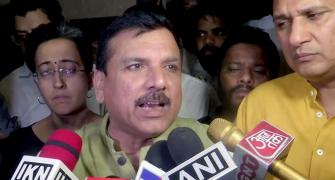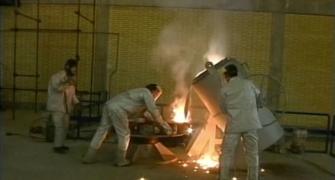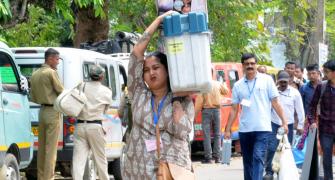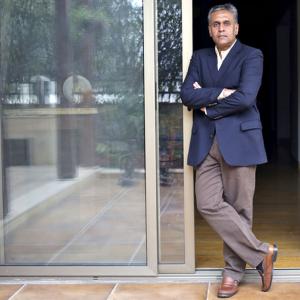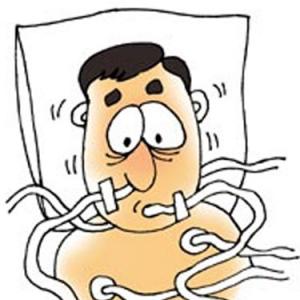In a fast evolving health care industry, expect some pain before real gains, says Anjuli Bhargava.
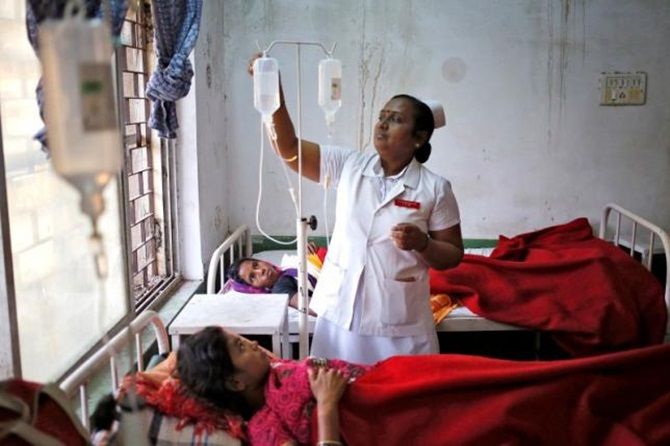 The other day I woke up to a story in The Times of India on how hospitals were pushing costlier drugs to patients than other available cheaper alternatives since it allowed them to make a larger profit.
The other day I woke up to a story in The Times of India on how hospitals were pushing costlier drugs to patients than other available cheaper alternatives since it allowed them to make a larger profit.
Often, the hospitals acquired the drugs and injections at a far lower rate and sold them at inflated prices to hapless patients.
This brought back to me a recent chat I had with a friend who lives in London but happened to be in Gurgaon for an extended period for her mother’s treatment.
She was horrified to learn (post-facto) that the hospital where her mother had been treated charged for services based on the category of room you chose.
What this means is that if you take a higher category room (say deluxe instead of standard), the charges you paid for diagnostic tests like an X-ray or an MRI would be higher.
A deluxe room means deluxe charges for the same test!
She couldn’t believe it because they were not told of this before they admitted her mother.
They learnt of it after her release. To quote her: “The place felt like a resort, ran and charged like one!”
According to her, it was my duty - as a journalist - to find out how these hospitals are allowed to get away with this kind of thing.
She went on to add how it was not surprising that two friends of hers - Indian doctors who had lived and worked in London and had decided to move back to India - had returned saying that the system was too “unethical” and they couldn’t be a part of it.
Horror stories on how commercially driven hospitals in India have become abound.
In every family, you can find at least one story of how they feel cheated by the system.
Never has there been a larger body of data and anecdotal evidence of the malpractices that have crept into the health care industry in India.
Doctors often prescribe tests, surgeries and treatments that didn’t seem necessary and overcharged for stuff.
A second opinion was no longer an option; it was the way most people took decisions. Doctors had targets to meet.
They earned a large part of their income through referral fees.
At Delhi airport, touts can be found who offer packages at specific hospitals to patients for different types of treatment and earn a commission.
Till just 20 years ago, the faith of patients in their doctors and largely even hospitals was almost complete.
From there, how have we come to a situation where the patient eyes her doctor with suspicion?
People often talk of doctors with contempt and hospitals with nothing less than hatred.
In my view, the doctor-patient faith has been shaken in some fundamental manner.
And that brings to my mind another question: Don’t doctors, who in the past had a God-like aura, feel the pain of losing their patient’s respect?
So, the other day when I happened to meet the head of a hospital in Gurgaon for a piece that I am working on, I - at the cost of sounding like a complete cynic - bombarded him with all these questions.
He put some perspective on matters that I think is worth sharing. He said that bad news travels faster.
For every unhappy story there were at least 10 happy ones that never get talked about.
What is happening in the north - NCR in particular - was not representative of India.
He found that cases of unethical behaviour seemed particularly concentrated in the north - perhaps a reflection of the deterioration in society in a specific region but it could not be generalised across the country.
Touts for instance, he said, were to be found only at Delhi airport, not at any others.
He argued that I should look at the happier aspects of an evolving industry.
Over the same 20 years, health care in India had made many strides, he said.
A large number of private options were available, unlike in the past where one had to use contacts to get appointments with the few good doctors at AIIMS and a handful of other facilities.
Life-saving treatments and surgeries were happening in India for which earlier people either flew overseas or simply succumbed.
The average life span of Indians had risen from barely 32 years in 1940-51 to 67.8 (2014).
None of this excuses some of the unconscionable practices - and the almost total lack of regulation for which the government needs to be held accountable - that have crept in, but it gives one hope.
As things evolve, perhaps we will see more of the gains and less of the pain.
Photograph: Reuters





